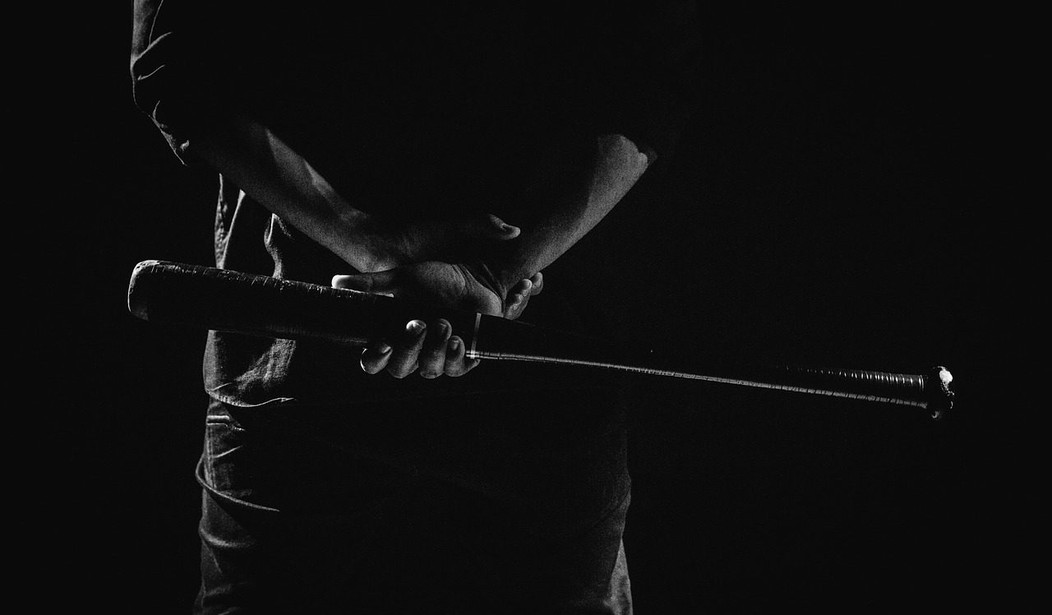U.S. District Judge Roger Benitez has delivered several high-profile victories to Second Amendment activists challenging California gun laws, including his rulings striking down the state’s ban on so-called high capacity magazines, “assualt weapons,” and background checks on ammunition sales. Virtually all of Benitez’s 2A-related rulings have been appealed by the state’s Attorney General, but the judge’s decisions have earned him the affectionate nickname of “Saint Benitez” among many gun owners.
Well, St. Benitez finally found a California law that he believes can withstand judicial scrutiny, though in this case it’s a ban on billy clubs and not a law specifically regulating firearms.
While the law doesn’t explicitly define a billy, courts have determined it to be any kind of stick, bat or baton that is intended to be used as a weapon. For instance, a baseball bat at a Little League game would not be deemed illegal, but it could be at a riot, or “in circumstances where possession demonstrates an immediate atmosphere of danger,” according to a previous court ruling.
The suit was filed by a pair of military veterans who argued they wanted to own batons for self-defense and that their inability to do so under state law violated their Second Amendment right to bear arms.
In his 29-page order, Benitez upheld the ban — but somewhat reticently.
The judge found that, since the law has been on the books in California since 1917, it qualifies as a “longstanding” statute, and is therefore “a permissible restriction on a dangerous, but less-than-lethal, unusual weapon.”
But even though Benitez upheld the law, he clearly has some issues with the ruling precedent in the Ninth Circuit Court of Appeals.
“Why should a longstanding regulation be kept permanently beyond the reach of constitutional review?” he wrote. By continuing to uphold firearm restrictions without further analysis, “a longstanding firearm restriction may be left stuck in the past, only because it has not been challenged before the present.”
And he chided both parties for what he called a lack of evidence on whether the billy is considered commonly owned — a threshold question in many Second Amendment cases.
If the analysis hadn’t been cut short by controlling precedent, “the lack of evidence would probably have changed the outcome,” he wrote in a nearly page-long footnote. “The plaintiffs do not have to shoulder the burden of proving that they are entitled to enjoy Second Amendment rights. The command of the Amendment is that the right to keep and bear arms ‘shall not be infringed.’”
He continued: “Of course, whether this Court agrees or not, it is bound to follow binding precedent.”
Critics of Benitez, including Gov. Gavin Newsom, have accused him of not being impartial in Second Amendment cases, but Wednesday’s decision demonstrates that even with the judge might disagree with existing precedent, he follows it. What gun control supporters really can’t stand about Benitez is the fact that he treats the Second Amendment like a fundamental, individual right instead of a mere inconvenience to the whims and wishes of the anti-gun politicians in control of the state’s legislative and executive branches.
Despite the claims of Newsom and others, it’s clear that Judge Benitez isn’t a rubber-stamp for 2A activists who’ll overturn every gun control law that comes before him for review. As for this specific case, I think Benitez is right that the California law in question wouldn’t likely survive a court challenge were it not for the existing and binding precedent in the Ninth Circuit. The law is so vague that the banned items aren’t even fully defined. Have a baseball bat in your car? That may be okay, or it could be a crime, depending on what cops and the courts decide. And because an item can be legal or illegal depending on the circumstances, I’d say that it’s a fair bet that many of the things that can be defined as a billy club are indeed commonly owned, even in California.
Sadly, the Ninth Circuit isn’t going to be inclined to revisit the existing precedent that led to Benitez’s decision, though the Supreme Court might be interested if and when this case arrives at the Court’s doorstep. Before then, however, SCOTUS is going to have the opportunity to weigh in on several of Judge Benitez’s other decisions, which are currently tied up in the Ninth Circuit but could move forward once the Court decides the outcome of New York State Rifle & Pistol Association v. Bruen. That case, dealing with New York’s carry permitting laws, will likely be resolved next spring, and an opinion in favor of the plaintiffs could pave the way for SCOTUS to hear the challenges to California’s gun and magazine ban as well as the law requiring background checks on ammunition purchases.
In other words, Saint Benitez may have had his hands tied by precedent in this particular case, but the Supreme Court has the ability to undo the Gordian knot that prevents Californians from fully exercising their Second Amendment rights.









Join the conversation as a VIP Member